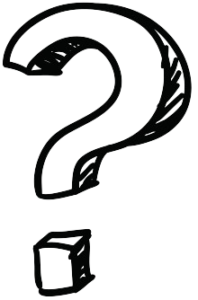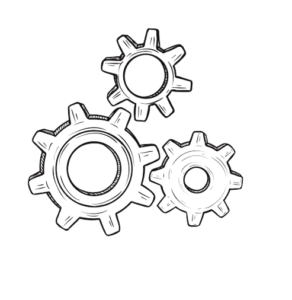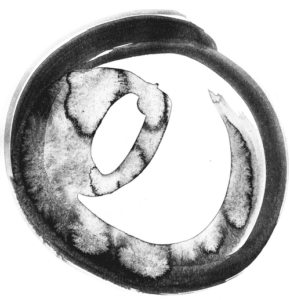Nature-Based WORKSHOPs
- Interactive
- Collective
- Instructive
- Concrete
- Adapted
To be human in a changing world
“We are human only in contact, and conviviality, with what is not human.” David Abram
Humans = a part of nature
Everything we do, we develop is dependent on nature. We are an included in the earth’s ecosystem and like all other life forms we have our characteristics and our way to manage life.
What doe it means to be a human in a society where digitization and technology have invaded workplaces and our lives?
Sense in Nature offers two workshops to experience what is hidden behind our actions and to help us develop new habits towards a sustainable future.
One theme - one experience
The workshops are thematic experiences that can be used to help improve
- Collaboration
- Leadership
- Wellness
- Sustainability
- Inclusion
- Equality
- Safety
the human factor mural
A workshop to unlock teams capacity to change!
4 hours – 6 to 12 participants
Why is it so difficult to change behavior?

Even when we know
- that we need to change,
- that it would be better for us, others and our environment,
- that there are no practical obstacles.
Discover the human factors behind the way we act:
- Emotions
- Cognitive biases
- Other factors like memory and social belonging.

Process
- We identify a desired behavior, linked to the chosen theme.
2. We explore various human factors including emotions and cognitive biases linked to this behavioral change.
3. You get advice and tips to develop an ction plan in 5 steps: to know, to want, to be able, to act and to create a new habit.
4. For each step, human factors are identified that can promote the desired behavior on an individual and collective level.

Concrete desired behavioral change
Collektive visualisation of humans factors
Identification of contributing human factors
the emotions mural
Develop emotional intelligence to communicate, understand each other and act together
4 hours – 6 to 12 participants
Our first reaction in every situation that we experience is an emotional response.

It only takes 0.2 seconds for this to happen.
The mental evaluation that leads to a behavior only comes after about 0.4 seconds.
To have emotions is to be human.
Emotions comes from latin movere, to move.
Emotions are the source of movement
They help us to act, to do things.
To ignore them is to take away a part of our humanity.

Process
Each participant shares a memory linked to the chosen theme.
2. We identify the emotions related to it.
3. We explore together related thoughts and actions.
4. We identify our essential needs.
5. We evaluate the possibility of influencing the connections between feelings-thoughts-action

A memory
Link between emotions/thoughts/action
Identification of essential needs
Emotions = Source of action



